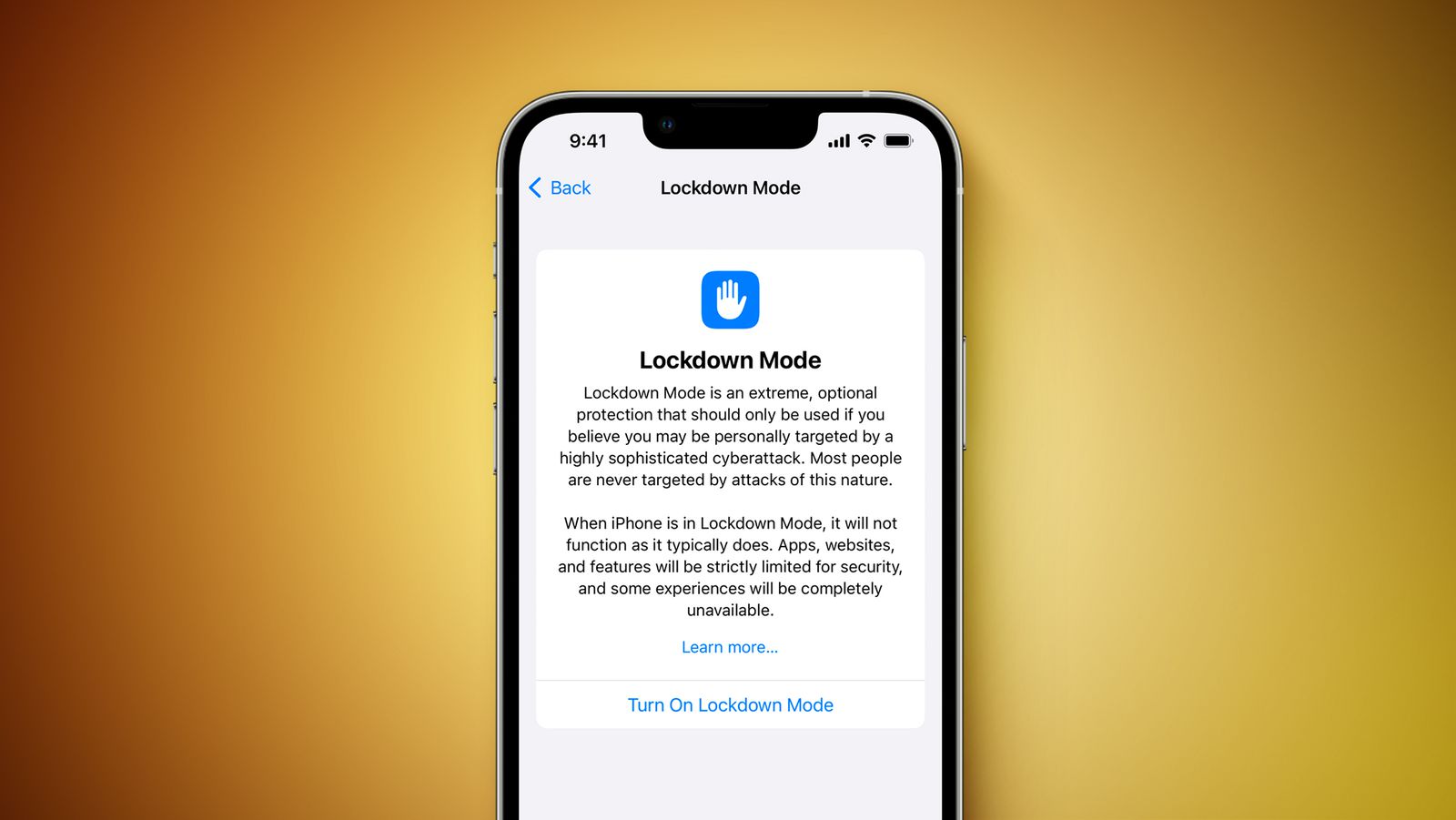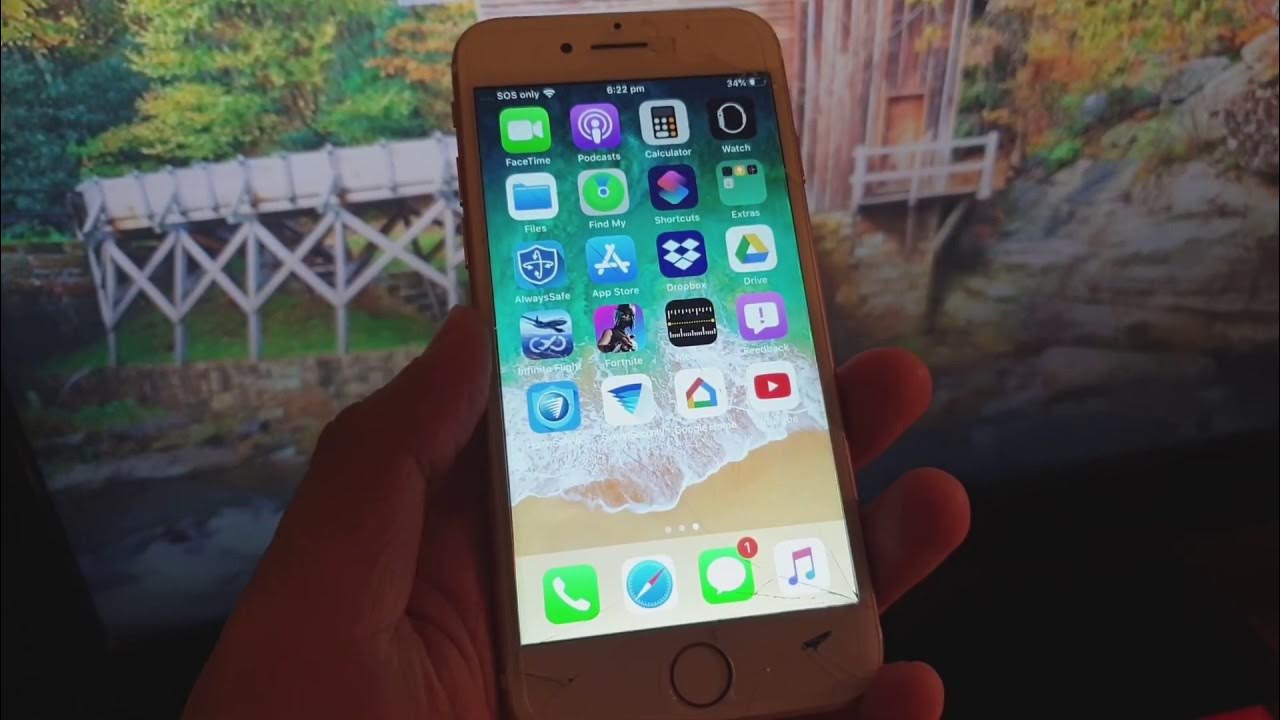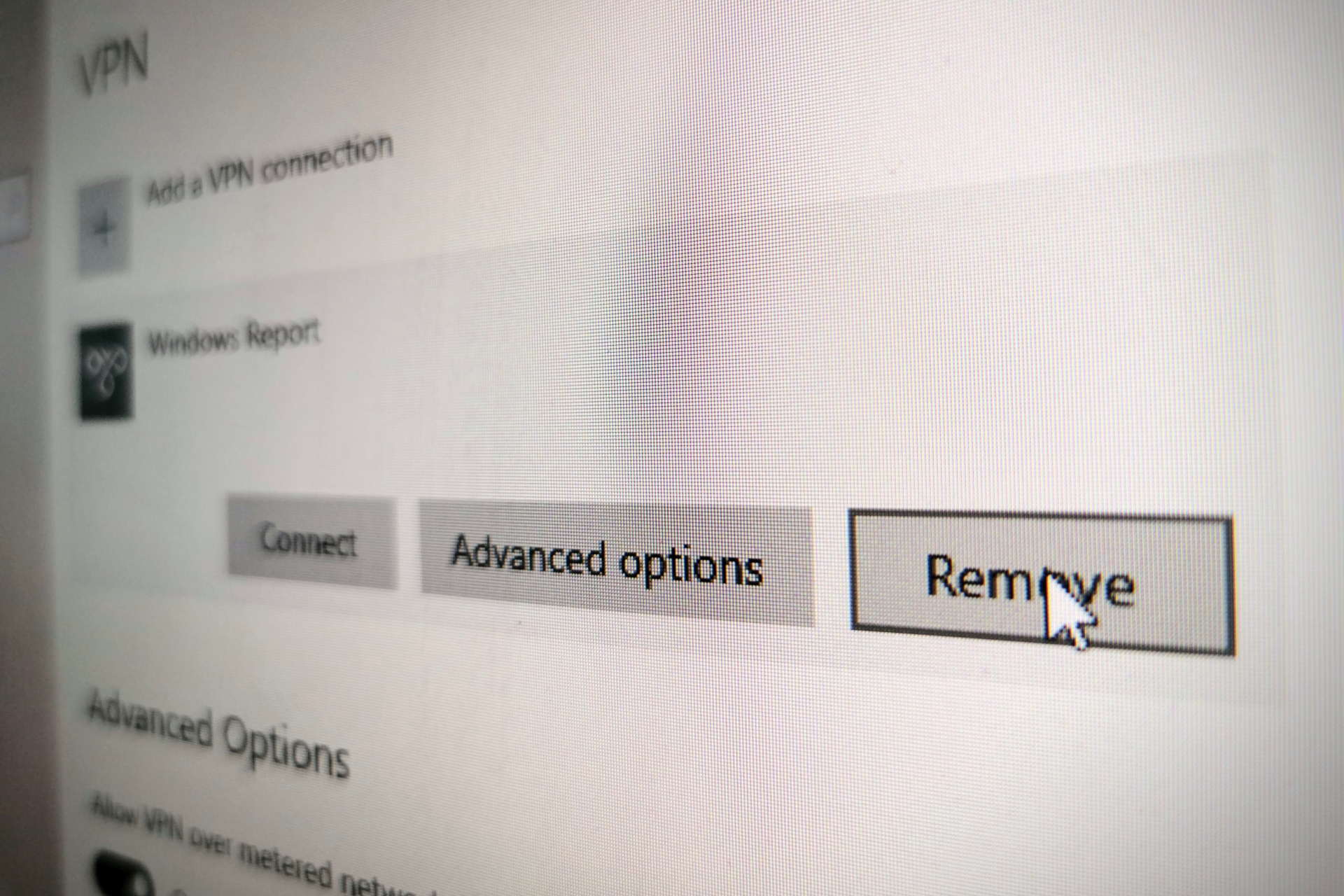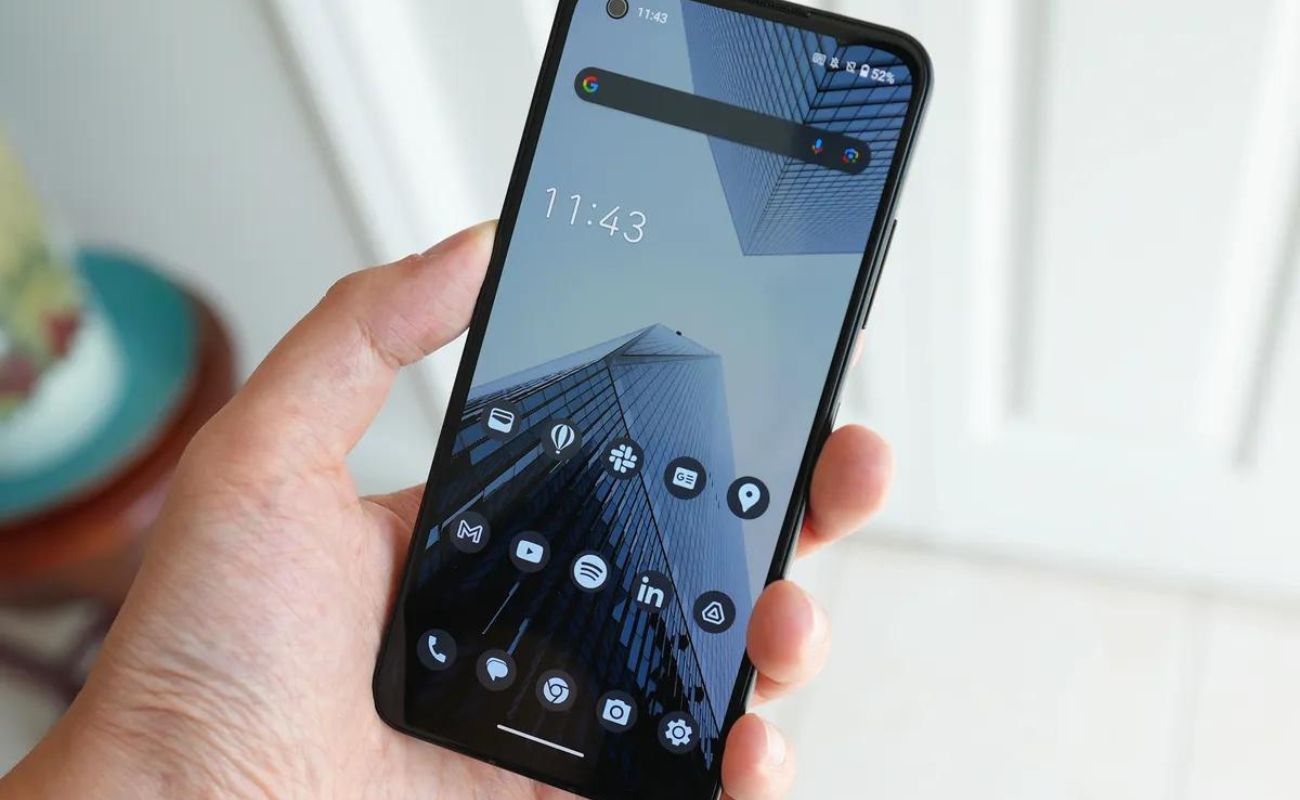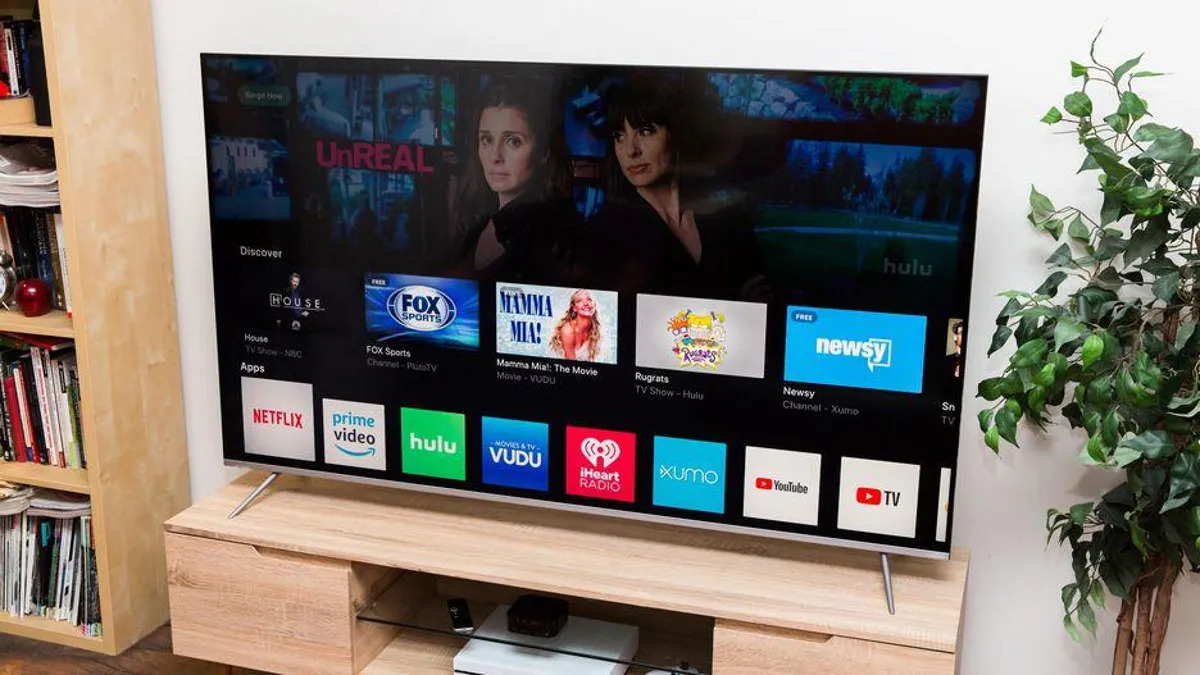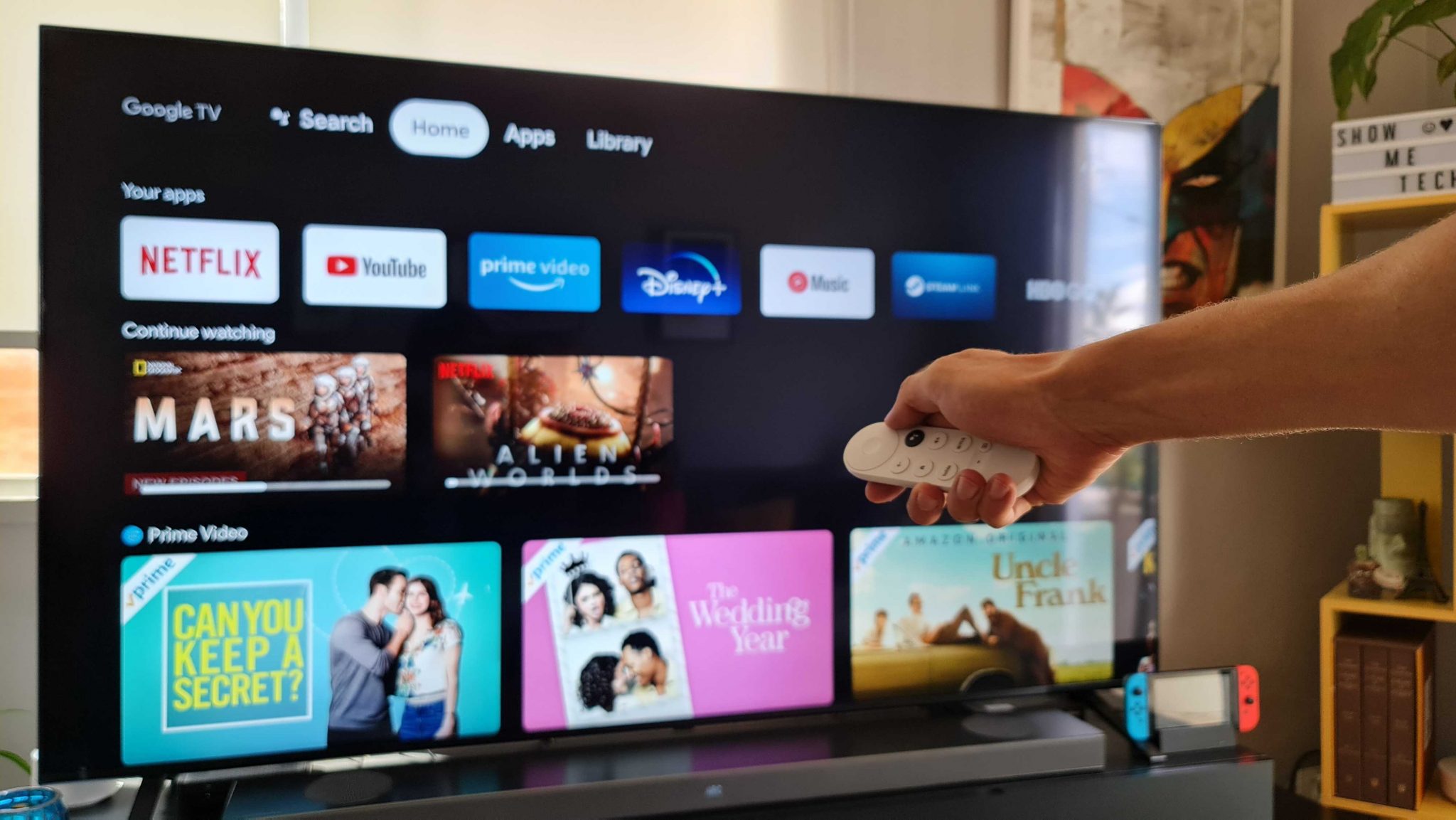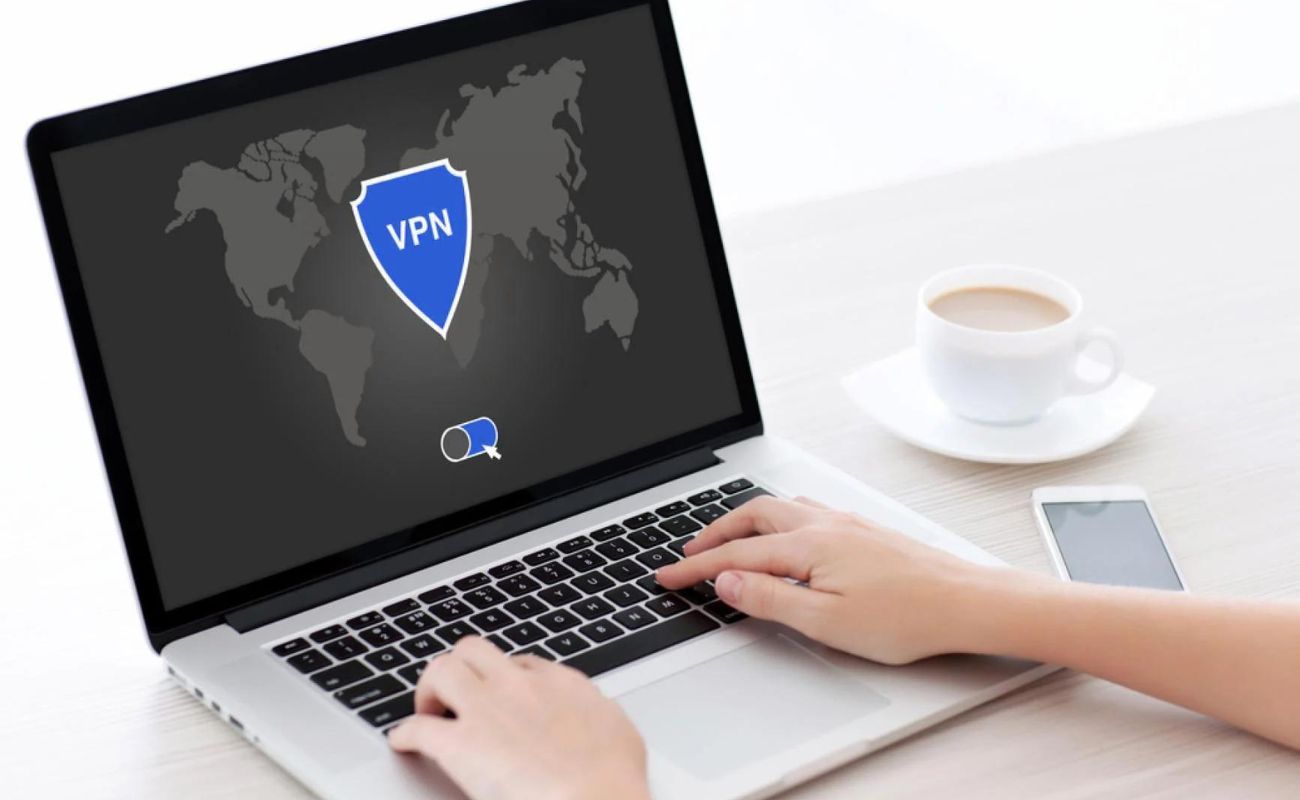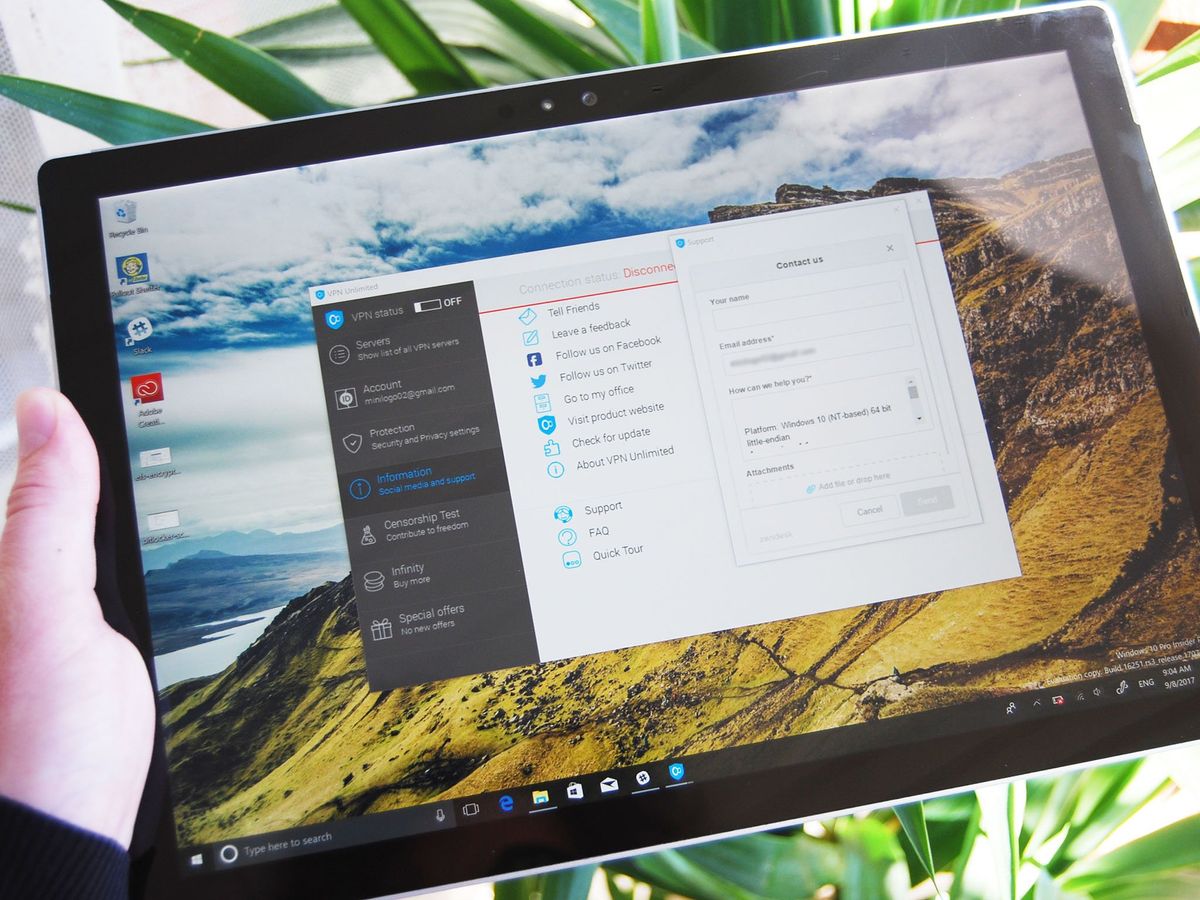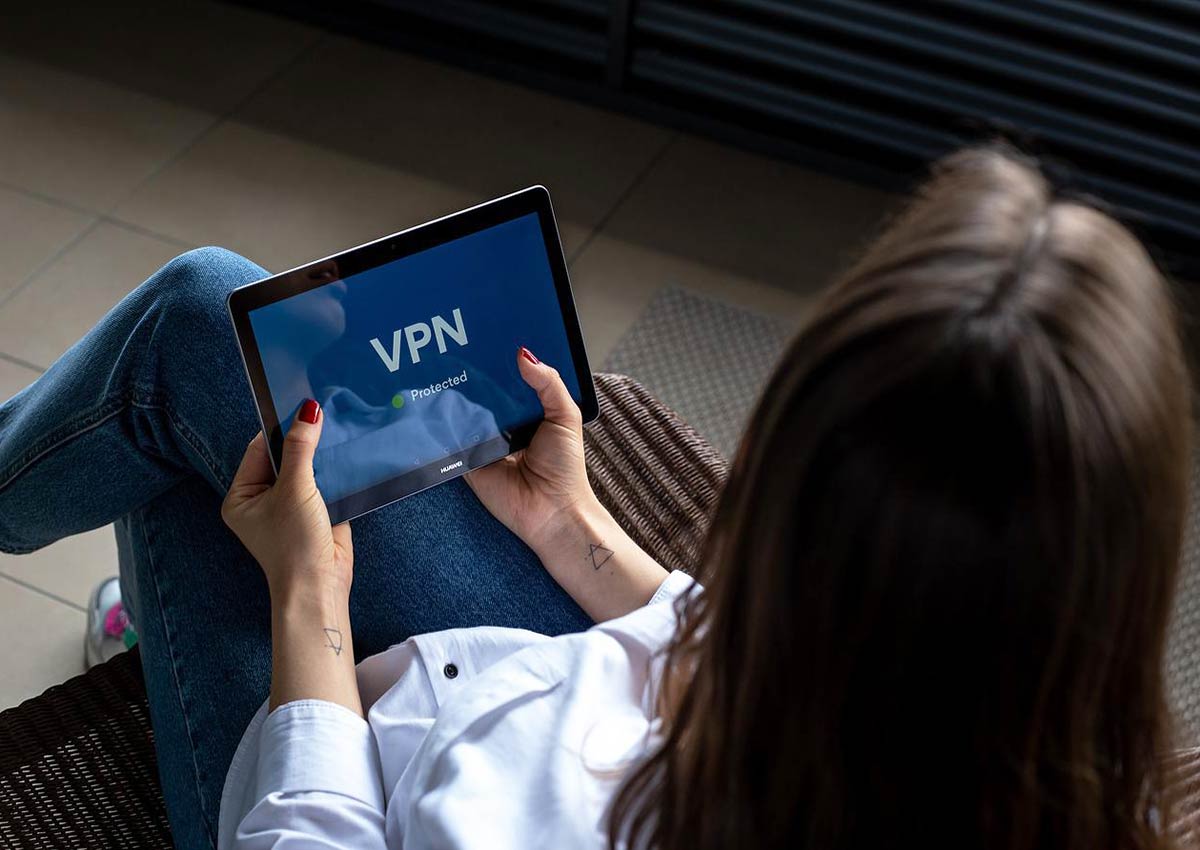Home>Software and Apps>Should I Use A VPN When Streaming


Software and Apps
Should I Use A VPN When Streaming
Published: March 4, 2024
Discover the benefits of using a VPN for streaming and learn how to enhance your online security with top software and apps. Find out if a VPN is right for you!
(Many of the links in this article redirect to a specific reviewed product. Your purchase of these products through affiliate links helps to generate commission for Techsplurge.com, at no extra cost. Learn more)
Table of Contents
Introduction
In today's digital age, streaming has become an integral part of our entertainment consumption. Whether it's binge-watching the latest series, catching up on live sports events, or enjoying blockbuster movies, streaming services offer a convenient and diverse array of content. However, as streaming platforms continue to gain popularity, concerns about privacy, security, and content accessibility have also come to the forefront. This is where the role of a Virtual Private Network (VPN) comes into play.
A VPN serves as a powerful tool for safeguarding your online activities and enhancing your streaming experience. By encrypting your internet connection and masking your IP address, a VPN provides an added layer of security and privacy, shielding your sensitive data from potential threats and prying eyes. Moreover, a VPN can enable access to geo-restricted content, allowing you to bypass regional limitations and unlock a broader range of streaming options.
As the demand for streaming content grows, so does the importance of understanding the implications of using a VPN for streaming purposes. While the benefits of utilizing a VPN for streaming are evident, it's essential to weigh these advantages against potential drawbacks and consider various factors before incorporating a VPN into your streaming routine. By delving into the intricacies of VPN usage for streaming, we can gain a comprehensive understanding of its impact on our digital entertainment experiences.
Read more: Google Captcha When Using VPN
Benefits of Using a VPN for Streaming
-
Enhanced Privacy and Security: When you use a VPN for streaming, your internet traffic is encrypted, shielding your online activities from potential eavesdroppers, including hackers, internet service providers (ISPs), and government surveillance. This encryption ensures that your sensitive data, such as login credentials and personal information, remains secure, reducing the risk of unauthorized access and data breaches.
-
Bypassing Geo-Restrictions: Many streaming platforms enforce geo-restrictions, limiting access to specific content based on the user's location. By connecting to a VPN server in a different region, you can effectively mask your actual location and access geo-blocked content that may not be available in your current region. This opens up a world of entertainment possibilities, allowing you to enjoy a broader range of shows, movies, and live events.
-
Improved Streaming Speeds: In some cases, using a VPN can lead to enhanced streaming speeds, especially when your ISP is throttling your bandwidth or if you are accessing content from a distant server. By connecting to a VPN server with faster internet infrastructure, you may experience smoother streaming and reduced buffering, ultimately enhancing your overall viewing experience.
-
Access to Exclusive Content: Certain streaming services offer exclusive content that is only accessible in specific regions. With a VPN, you can virtually relocate to these regions, unlocking access to a wealth of exclusive shows, movies, and documentaries that may not be available in your current location.
-
Protection Against Bandwidth Throttling: ISPs are known to throttle internet speeds, particularly during peak usage hours or when streaming high-bandwidth content. By using a VPN, you can circumvent bandwidth throttling, ensuring consistent streaming quality and uninterrupted viewing sessions.
-
Secure Public Wi-Fi Usage: When streaming on public Wi-Fi networks, such as those found in cafes, airports, or hotels, your data is vulnerable to interception by malicious actors. A VPN encrypts your internet traffic, safeguarding your streaming activities from potential cyber threats while using public Wi-Fi, thereby enhancing your online security.
-
Anonymity and Unrestricted Streaming: By masking your IP address and encrypting your internet traffic, a VPN allows you to stream content anonymously, without revealing your actual location or identity. This anonymity grants you the freedom to explore a wide range of content without being subjected to location-based restrictions or surveillance.
Incorporating a VPN into your streaming routine can significantly enhance your online privacy, security, and content accessibility, ultimately elevating your streaming experience to new heights.
Potential Drawbacks of Using a VPN for Streaming
While the utilization of a VPN for streaming offers numerous benefits, it's essential to acknowledge the potential drawbacks that may arise from its usage. Understanding these drawbacks can help users make informed decisions about incorporating a VPN into their streaming routine.
-
Reduced Streaming Speeds: Although a VPN can sometimes enhance streaming speeds, it may also lead to reduced speeds due to the encryption and rerouting of internet traffic. The additional layer of encryption and the distance to the VPN server can introduce latency, potentially impacting the smoothness and quality of the streaming experience.
-
Limited Server Access: Some VPN providers may have a limited number of servers or may experience server congestion during peak usage hours. This can result in slower connection speeds and restricted access to certain streaming platforms, particularly if the VPN server locations do not align with the user's desired content regions.
-
Compatibility Issues: Certain streaming platforms actively block VPN traffic to enforce geo-restrictions. As a result, users may encounter compatibility issues when attempting to access content while connected to a VPN. This can lead to frustrating experiences, as the streaming service may detect and block VPN usage, limiting access to desired content.
-
Subscription Costs: While many VPN services offer affordable subscription plans, there is an additional cost associated with using a VPN for streaming. Users must factor in the expense of a reputable VPN service on top of their existing streaming subscriptions, potentially increasing their overall entertainment expenditure.
-
Complexity for Beginners: For individuals unfamiliar with VPN technology, setting up and configuring a VPN for streaming purposes may seem daunting. Navigating through various VPN protocols, server selections, and troubleshooting potential connectivity issues can be challenging for beginners, potentially deterring them from utilizing a VPN for streaming.
-
Legal and Policy Implications: It's crucial for users to be aware of the legal and policy implications of using a VPN for streaming, especially when accessing geo-restricted content. While VPN usage itself is legal in most jurisdictions, circumventing geo-blocks to access copyrighted content may infringe upon streaming platform policies and copyright laws.
-
Potential Security Risks with Free VPNs: Users opting for free VPN services should exercise caution, as some free VPN providers may compromise user privacy and security by logging and selling user data. Additionally, free VPNs may lack the robust security features and infrastructure offered by reputable paid VPN services, potentially exposing users to security vulnerabilities.
By recognizing these potential drawbacks, users can make informed decisions about whether to integrate a VPN into their streaming activities, weighing the trade-offs between enhanced privacy, security, and content accessibility against the potential challenges associated with VPN usage.
Considerations Before Using a VPN for Streaming
Before incorporating a VPN into your streaming routine, it's crucial to consider several key factors to ensure a seamless and rewarding streaming experience. By carefully evaluating these considerations, you can make informed decisions about utilizing a VPN for streaming while mitigating potential challenges.
1. VPN Service Reliability and Performance
When selecting a VPN for streaming, prioritize reliability and performance. Opt for a reputable VPN service known for its robust infrastructure, high-speed servers, and reliable connectivity. Look for VPN providers with a proven track record of effectively bypassing geo-restrictions and delivering consistent streaming speeds. User reviews and independent performance tests can offer valuable insights into the reliability and performance of different VPN services.
2. Server Locations and Accessibility
Consider the geographical distribution of VPN servers offered by the VPN provider. Ensure that the VPN service maintains servers in regions where your desired streaming content is hosted. A diverse range of server locations can enhance your ability to access geo-blocked content from various regions, expanding your streaming options. Additionally, assess the accessibility and availability of VPN servers during peak usage hours to avoid potential congestion and performance issues.
3. Streaming Platform Compatibility
Verify the compatibility of the VPN service with your preferred streaming platforms. Some streaming services actively block VPN traffic to enforce geo-restrictions, leading to compatibility issues and restricted access. Prioritize VPN providers with a proven track record of effectively bypassing geo-blocks on popular streaming platforms, ensuring seamless access to a wide range of content without encountering compatibility hurdles.
4. Data Privacy and Security Features
Prioritize VPN services equipped with robust data privacy and security features. Look for VPN providers that offer strong encryption protocols, a strict no-logs policy, and additional security measures such as a kill switch and DNS leak protection. These features are essential for safeguarding your sensitive data and ensuring a secure streaming environment, especially when accessing content on public Wi-Fi networks or from geo-restricted regions.
5. User-Friendly Interface and Support
Consider the user-friendliness of the VPN service's interface and the availability of reliable customer support. A user-friendly interface simplifies the setup and configuration process, catering to both beginners and experienced users. Additionally, responsive customer support can provide assistance in resolving connectivity issues, optimizing server selection, and addressing any streaming-related concerns, enhancing the overall user experience.
6. Legal and Ethical Considerations
Familiarize yourself with the legal and ethical implications of using a VPN for streaming, particularly when accessing geo-restricted content. While VPN usage itself is legal in most jurisdictions, circumventing geo-blocks to access copyrighted content may infringe upon streaming platform policies and copyright laws. Understanding the legal landscape surrounding VPN usage for streaming is essential for making informed and responsible streaming decisions.
By carefully considering these factors before integrating a VPN into your streaming activities, you can navigate the diverse landscape of VPN services and make informed choices that align with your streaming preferences and privacy requirements. These considerations empower users to leverage the benefits of VPN technology while mitigating potential challenges, ultimately enhancing their streaming experiences.
Conclusion
In conclusion, the decision to use a VPN for streaming hinges on a careful evaluation of its benefits, potential drawbacks, and essential considerations. The multifaceted role of a VPN in enhancing privacy, security, and content accessibility underscores its significance in the realm of streaming entertainment. By encrypting internet traffic, bypassing geo-restrictions, and safeguarding sensitive data, a VPN offers a compelling array of advantages for streamers seeking to elevate their online experiences.
The benefits of using a VPN for streaming, including enhanced privacy and security, the ability to bypass geo-restrictions, improved streaming speeds, and access to exclusive content, present compelling reasons to integrate a VPN into one's streaming routine. Furthermore, the protection against bandwidth throttling, secure usage of public Wi-Fi networks, and the freedom to stream anonymously contribute to a more secure and versatile streaming environment.
However, it is crucial to acknowledge the potential drawbacks associated with VPN usage for streaming, such as reduced streaming speeds, limited server access, compatibility issues, subscription costs, and the complexity for beginners. Additionally, users must navigate legal and policy implications, especially when accessing geo-restricted content, and remain vigilant about potential security risks when considering free VPN services.
Before embracing a VPN for streaming, careful considerations, including evaluating VPN service reliability and performance, assessing server locations and accessibility, verifying streaming platform compatibility, prioritizing data privacy and security features, ensuring a user-friendly interface and support, and understanding legal and ethical considerations, are paramount.
Ultimately, the decision to use a VPN for streaming is a nuanced one, requiring a balanced assessment of its advantages and potential challenges. By weighing the benefits against the drawbacks and considering essential factors, users can make informed decisions that align with their privacy needs, streaming preferences, and ethical considerations.
As the landscape of digital entertainment continues to evolve, the role of a VPN in shaping the streaming experience remains pivotal. Whether it's unlocking geo-blocked content, safeguarding sensitive data, or enhancing streaming privacy, the integration of a VPN introduces a layer of control and security, empowering users to explore a diverse world of streaming content while prioritizing their privacy and security.

